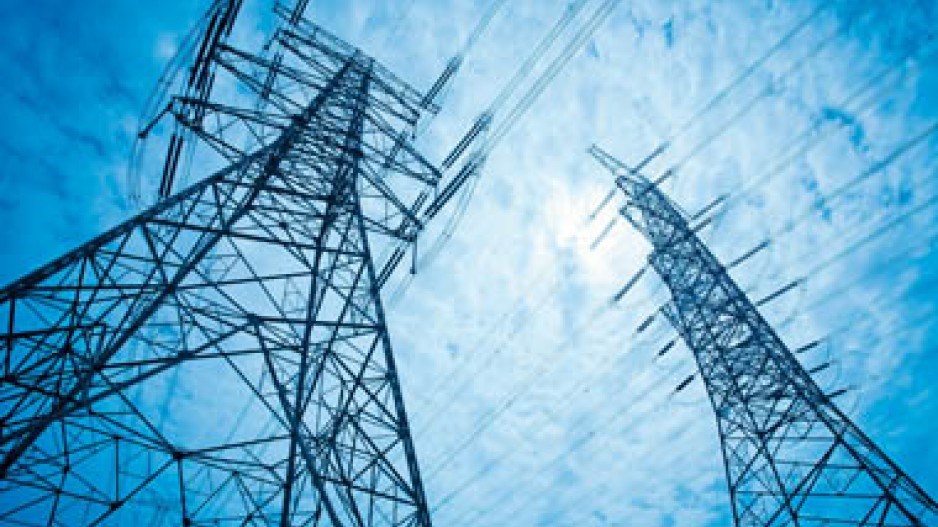B.C. continues to sell power to California, despite ongoing attempts by state regulators to force a wholly owned BC Hydro subsidiary to pay back roughly $1 billion for power it sold the state during the 2000-01 energy crisis.
Last year, according to the National Energy Board, Powerex Corp. – BC Hydro's power trading arm – exported $274 million worth of electricity to the U.S.
Exports to California accounted for $182 million. In previous years, however, B.C. has been a net importer of power from the U.S.
Meanwhile, a judge for the Federal Energy Regulatory Commission (FERC) recently ruled that Powerex and 15 other power traders, including Alberta's TransAlta Energy, manipulated the market to inflate power prices when California was over a barrel.
The commission has yet to make a final decision on the ruling.
"This is an initial decision that has no force or effect," said John Irving, chief legal officer for Powerex, in a written statement. "We will file an appeal of this decision to the Federal Energy Regulatory Commission and will continue to participate in the U.S. legal process."
The 2000-01 California energy crisis was caused by a perfect storm of power utility deregulation, drought and market manipulation that drove wholesale electricity prices up by 800%.
Depending on which expert you talk to, Powerex is either guilty of feeding at a trough built by Enron or California is guilty of gross ingratitude.
California suffered brownouts and blackouts in 2000 and was forced to buy power from other states and provinces.
The state's energy deficit was in part artificially created. The state had installed generating capacity of 45 gigawatts (GW), but at the time of the blackouts, it had a demand of 28GW.
However, the FERC judge found that Enron and other power producers deliberately scheduled power plant maintenance shutdowns at peak demand times. This created a demand for power from other providers, which are accused of colluding with Enron to inflate power prices.
B.C. made so much money from California that the NDP government cut rebate cheques to British Columbians in 2001.
Vancouver energy lawyer David Austin said the California experience underscores why it's so important for B.C. to maintain a power surplus – something the NDP has criticized BC Hydro for having.
"The lesson learned for British Columbians is [to] make sure you've got your long-term electricity needs tied down with firm supplies of electricity," Austin said.
"If we get into a dry period, which is now anything less than average snow and rainfall, BC Hydro doesn't have a surplus – it has to import. Once you are in this position, you are at the mercy of the spot or wholesale electricity market."
David Craig, executive director of the Commercial Energy Consumers Association, has the opposite view.
"The circumstances that we got ourselves into by going grossly into surplus has put us in the position now where we are spilling energy as well as having to sell it into the markets at extremely low prices," he said.
Spilling is allowing dammed water go over a spillway without generating electricity, due to an abundance of water.
Some observers say Texas is now positioned to become the next California because of the deregulation of its energy markets. Should the state suffer a prolonged drought, it might have to rely on the spot power market.
Given the protectionist and litigious climate in the U.S., it raises the question of whether Powerex should be selling power to states like California and Texas.
"The California energy crisis was pretty unique," said one power industry expert involved in the U.S. market, who did not want to be identified.
"That said, the prospects of a similar scenario unfolding, while unlikely, are not entirely impossible." •




